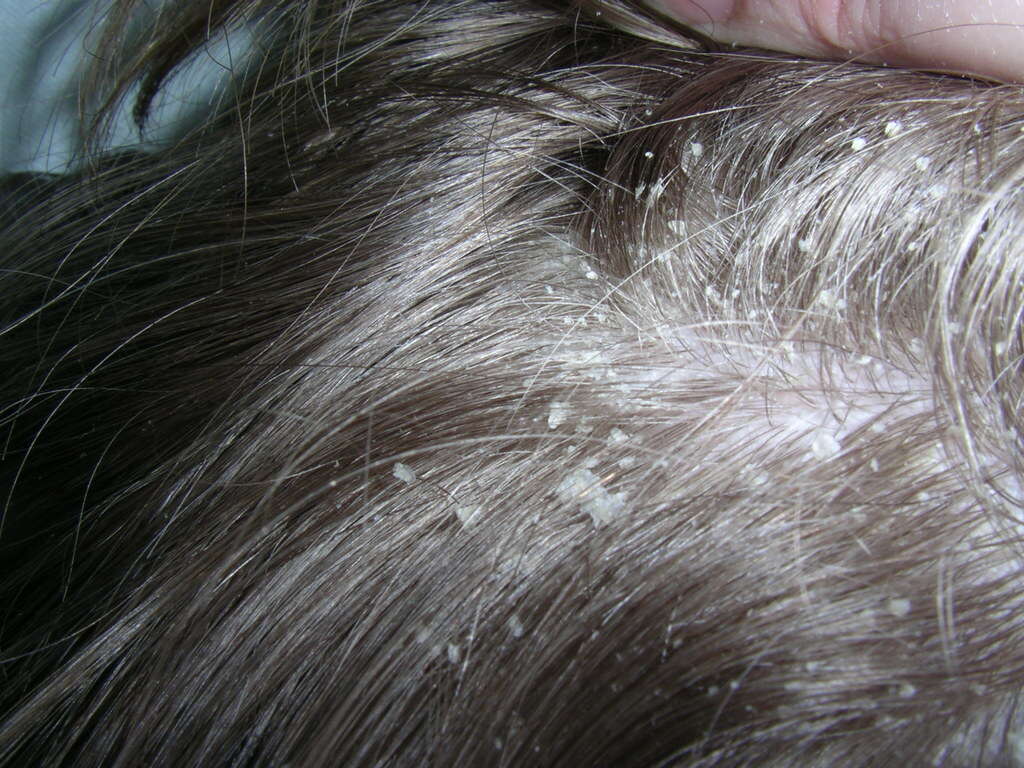10 Hypertrichosis Symptoms
 Article Sources
Article Sources
- 1. 'Hypertrichosis.' DermNet NZ , dermnetnz.org/topics/hypertrichosis/
- 2. Saleh, Dahlia, et al. 'Hypertrichosis.' StatPearls, StatPearls Publishing, 5 January 2021
- 3. 'Becker Naevus.' DermNet NZ, dermnetnz.org/topics/becker-naevus/
- 4. Chien, Mu-Ming, et al. 'The Hair-Collar Sign.' The Journal of Pediatrics, vol. 168, 2016, p. 246, doi.org/10.1016/j.jpeds.2015.09.081
- 5. Staff, SBI. 'Gingival Enlargement.' The American Academy of Oral Medicine, www.aaom.com/index.php?option=com/content&view=article&id=132:gingival-enlargement&catid=22:patient-condition-information&Itemid=120
- 6. Kurtipek, Gülcan S., et al. 'Faun tail: a rare cutaneous sign of spinal dysraphism.' Acta Dermatovenerologica Alpina Pannonica et Adriatica, vol. 24, no. 1, 2015, doi:10.15570/actaapa.2015.5
- 7. Gupta, Lipy, et al. 'Nevoid hypertrichosis: Case report with review of the literature.' International Journal of Trichology, vol. 3, no. 2, 2011, p. 115, doi:10.4103/0974-7753.90829
- 8. Kaur, Sandeep, and BharatBhushan Mahajan. 'Eyelash trichomegaly.' Indian Journal of Dermatology, vol. 60, no. 4, 2015, p. 378, doi:10.4103/0019-5154.160484
All-Over Dark Hair
One of the more noticeable symptoms of hypertrichosis is coarse dark hair all over the body. Known medically as congenital hypertrichosis terminalis, it is an overgrowth of terminal hairs. Terminal hairs are pigmented, long and thick. It is the type of hair that typically grows on the scalp. With hypertrichosis, head hair can grow anywhere around the body.
It is this type of abnormal hair growth that resulted in the condition also being known as Werewolf syndrome.
Advertisement











